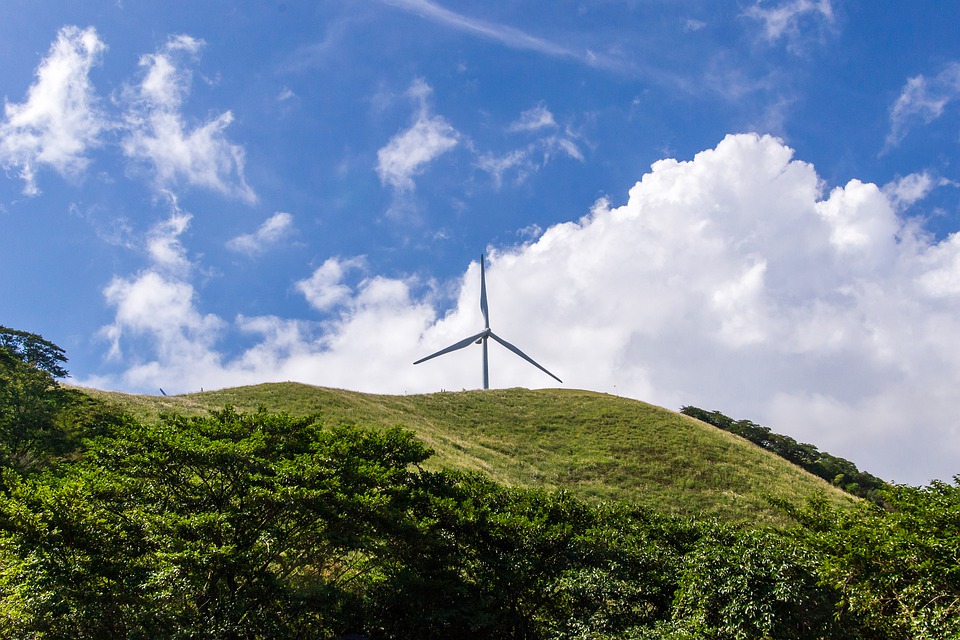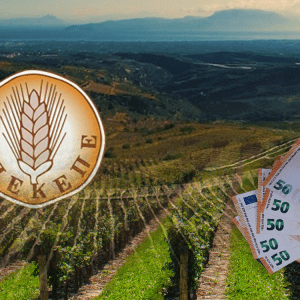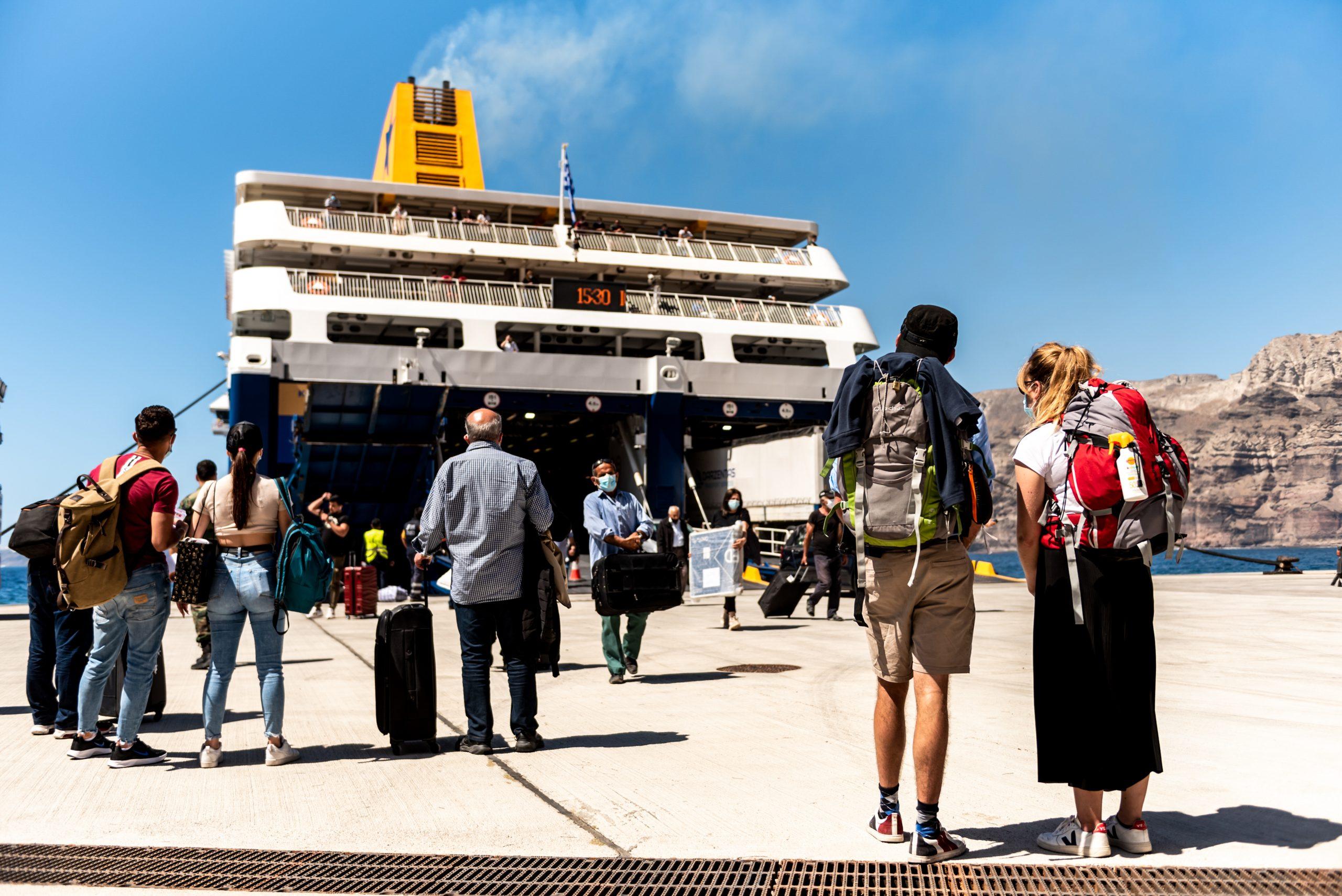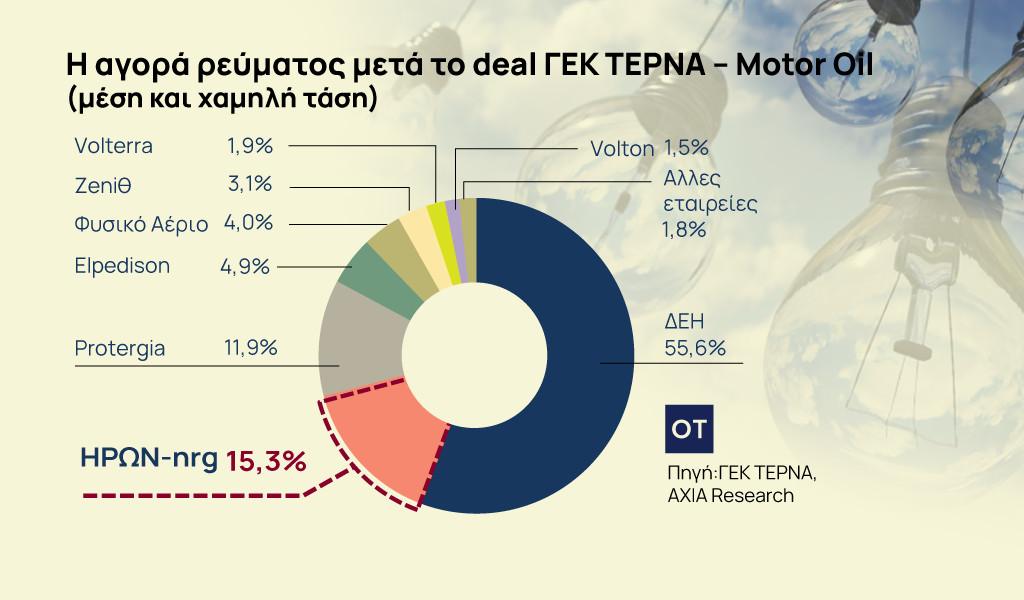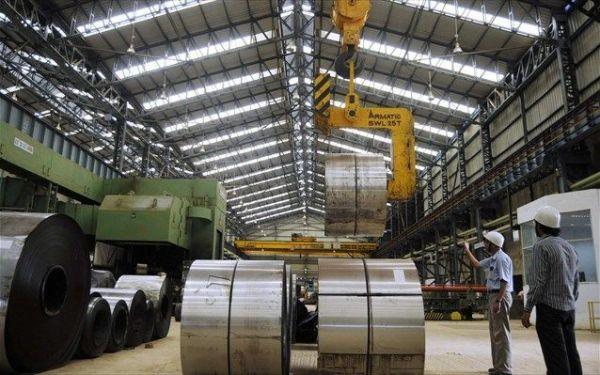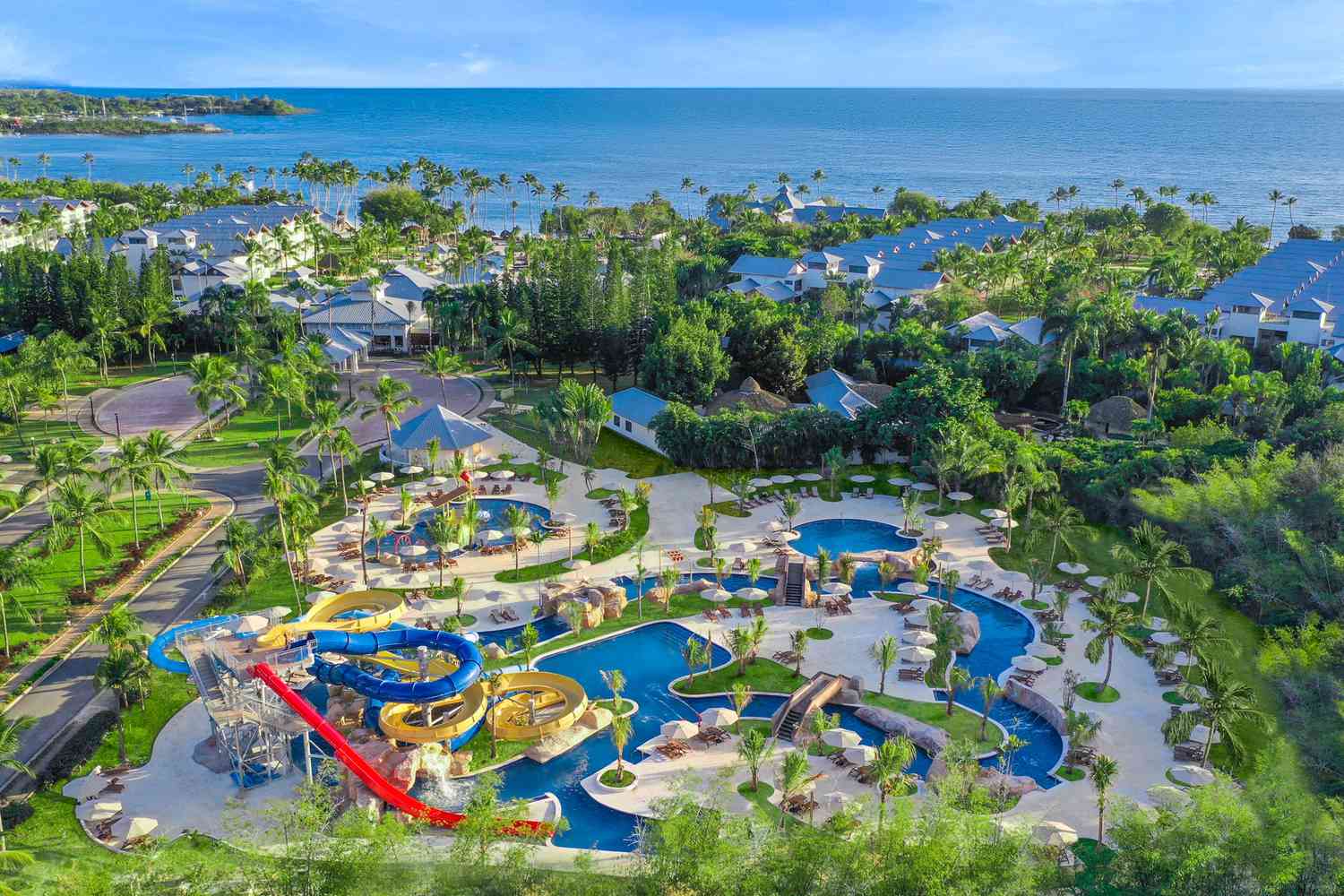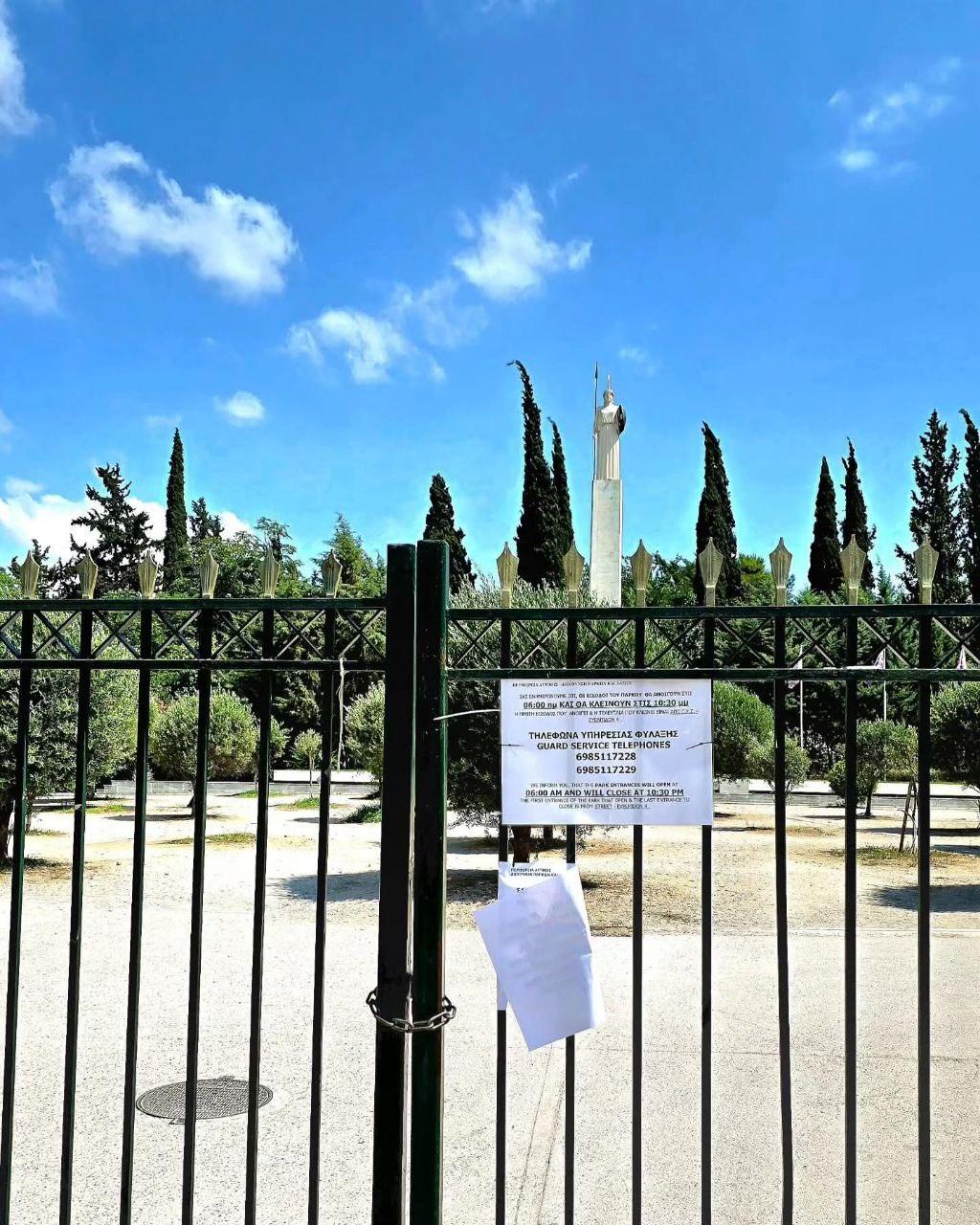Six Greek mountains will remain “virgin”. Hosting neither new roads nor other technical infrastructure, nor new Renewable Energy (RES) projects. This was stated, inter alia, by the Minister and the Deputy Minister of Environment and Energy, Mr. Costas Skrekas and Giorgos Amyras, speaking a while ago, at a press conference.
In particular, the political leadership of the ministry decided, based on a scientific study of the University of Ioannina, to ban in these areas any new road construction and creation of other infrastructure in order to protect their biodiversity. In fact, according to what Mr. Skrekas said, answering a relevant question, even RES projects which have already received permission from the Energy Regulatory Authority in the specific areas will not be able to proceed.
It concerns the White Mountains (area 382.06 sq. Km.), Tymfi (202.75 sq. Km.), Taygetos (143.23 sq. Km.), Smolikas (102.75 sq. Km.) , Saos (97.3 sq.km.) and Mount Hatzi (45.61 sq.km.). As the minister pointed out, in the White Mountains of Crete, in Saos of Samothrace and in Mount Hatzi of Trikala, there are already licenses for windpower works and for a small hydroelectric plant, but they will not proceed, as no new road construction will be allowed for the existing ones. forest roads that will remain will only be allowed to be maintained and not their expansion or further opening.
The relevant Ministerial Decisions have already been signed and are heading to the National Printing Office. Their purpose is the effective protection of habitat types and species of flora, wildlife and birds and their habitats through the enactment of special conditions and restrictions. The “Pristine Mountains” is an intermediate stage of protection, until the end of the year, when, as Mr. Skrekas mentioned, the elaboration of 23 Special Environmental Studies (NRPs) and Management Plans for the 446 areas of the “Natura 2000” network, in Greece, will be completed. Today, the first NRPs for Eastern Crete, Evros and the Rhodope districts as well as the Southern Peloponnese are being consulted, which define an institutional framework for the demarcation and institutionalization of classified protection zones, setting clear terms and conditions for land use and economic activity. in protected areas.
According to Mr. Giorgos Amyras, Greece is the first European country to proceed with the institutionalization of roadless areas, following the path set by the United States, which, however, took about 15 years to institutionalize them.
In particular, according to the six ministerial decisions that have already been signed, the following is sought:
– halting land use change, which is the main cause of biodiversity loss at global and European level,
– curbing the growth of artificial surfaces and the fragmentation of natural ecosystems by roads and artificial surfaces, and their associated negative impacts on biodiversity,
– the conservation of habitat types and species of flora, wildlife and avifauna found in the area,
– the preservation of the natural, cultural, historical, aesthetic and other values of the landscape as defined in the European Landscape Convention,
– the preservation of mild traditional anthropogenic activities that do not disturb natural ecosystems and their natural evolution,
– the development of nature-loving, hiking, mountaineering and ecological tourism in areas of high natural and aesthetic value compatible with the above individual objectives, and
– the institutionalization of conditions and restrictions to ensure the harmonious coexistence of man and nature in the context of gentle and sustainable development
In the six mountains, it is forbidden to open roads for motor vehicles, regardless of category and any kind of technical intervention, change or alteration of the natural environment. Legitimate existing projects and their maintenance are not affected. It is allowed to mark, repair, maintain and improve existing mountaineering and hiking trails, without the use of motorized access and provided that the operations will be implemented with natural materials.
In any case, projects for the purposes of National Defense, projects and interventions implemented due to emergencies (earthquakes, floods, natural disasters, fire, etc.) are excluded from the terms and restrictions, provided that care is taken for the restoration of the environment as well as projects and interventions deemed necessary for reasons of protection or restoration of the natural and forest environment.
